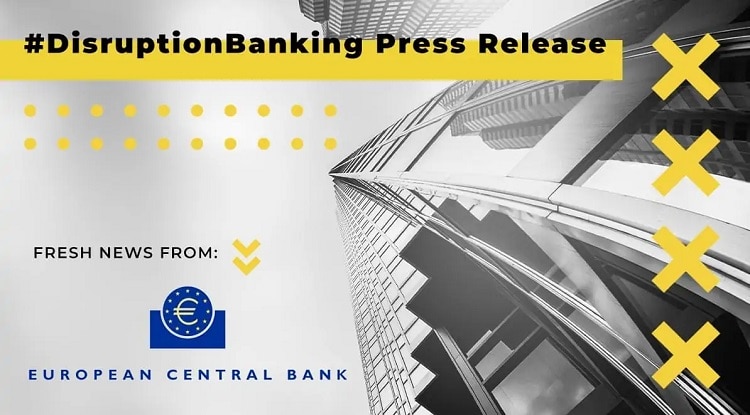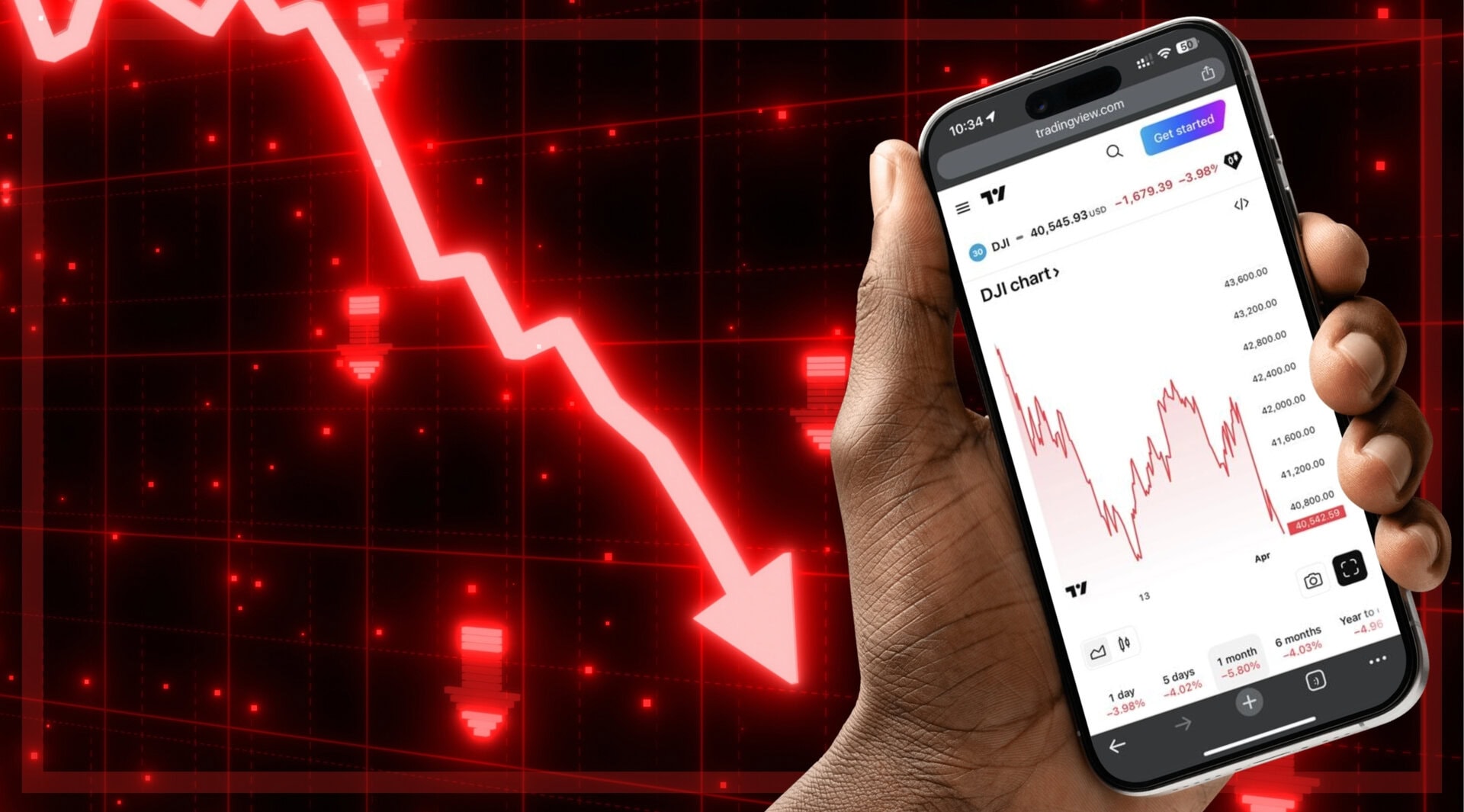The world of financial mathematics has a lot in common with Formula One. Both industries are high stake, high speed, adrenalin fuelled places to work. However, where financial mathematicians attend ‘Battle of the Quants’ each year, the Monaco Formula One is an event of similar importance to racing drivers. Formula One’s Lando Norris has his equivalent amongst financial mathematicians too. Today we look at how one of them, Citadel’s Peng Zhao, is disrupting capital markets.
Peng Zhao has experienced a rapid rise since joining Citadel Securities as a senior quantitative researcher. Citadel (hedge fund) and Citadel Securities (market maker) are sibling giants under Ken Griffin’s empire, each disrupting markets in distinct ways. They are both based in Miami.
Harder to Get into than Harvard, What Makes Citadel Securities Stand Out?
We write about financial institutions at the intersection of trading and investment banking all the time at Disruption Banking. Most of these financial institutions are secretive about their teams, revenue, or strategic plans. Citadel Securities is more visible than some peers. The company’s ‘In the Media’ page lists various stories taken from Bloomberg, CNBC, Reuters or Business Insider.
Just like how Lando Norris is one of McLaren’s success stories from its Young Driver Programme, Peng Zhao is one of Ken Griffin’s success stories having stepped up to the role of CEO at the age of 35. Zhao might not have 2.8 million followers on the X platform, but his firm’s financial results were better than Deutsche Bank or Barclays last year. Full-year trading revenue rose 55 percent in 2024, reaching $9.7 billion.
Last year Zhao and Ken Griffin hosted a company outing at the Olympics in Paris. Zhao specifically commented on the achievements of Olympic swimmer Summer McIntosh who won three gold and one silver medal in Paris. Zhao drew comparisons between young interns at his firm and Olympic athletes who rise to international renown through getting gold medals at the Olympics. He stated after watching the Olympic swimmers how he “really appreciates the tiny difference between gold medallist and the swimmers that weren’t on the podium. We’re talking about tenths and sometimes hundredths of a second.”
The same is the case for Formula One drivers. Just like it’s almost impossible to become a Formula One driver, it’s harder to be accepted as an intern at Citadel Securities than getting into Harvard. Business Insider reported that the acceptance rate for Citadel’s 11-week internship program was about 0.5% in 2023. Harvard has an acceptance rate of 3.2%.
Zhao is only interested in creating gold medallists in the field of financial services. He hopes that the future champions of capital markets are already interning at his firm.
Citadel Securities Engages the Best Talent on the Market
Most of the initiatives shared about Citadel Securities highlights the firms focus on engaging talented employees. These people don’t just work in financial services, some of them are experienced technologists too.
Last year, Citadel Securities hired Herb Sutter as a technical fellow tasked with helping developers master a crucial but complex coding language (C++) to supercharge productivity. Sutter had worked at Microsoft for 20 years prior to the move. Josh Woods, CTO of Citadel Securities shared how Herb was widely recognized as one of the most prolific experts, authors, and educators within the C++ community.
This year the firm has continued its drive to recruit talent from the market. Scott Rubner, after 10 years at Goldman Sachs, joined Citadel Securities this March. Bloomberg reported that Rubner is joining Citadel’s institutional derivates business. Kate Gandolfo from JP Morgan and Brian Connors from RBC Capital Markets are also both joining Citadel Securities in the sales team. This push to increase Goldman Sachs alumni comes after Jim Esposito, one of Goldman Sachs most senior executives, joined Citadel Securities as President reporting directly to Zhao in the summer of 2024.
Bloomberg has further reported last month how two more senior hires were joining Citadel Securities. Keith Cynar from Goldman Sachs and Jordan Brink from Morgan Stanley join to co-head U.S. rate sales. The two gentlemen start in May. The hiring doesn’t stop.
How Citadel Securities is Fostering a Winning Mentality
Last month HSBC was reported to be interested in a potential deal with Citadel Securities. This comes on the back of Citadel Securities applying to establish a brokerage in mainland China.
The market maker is now making a move into bond and commodity trading as well. This puts the firm in direct competition with the major banks around the world. It’s not just Citadel Securities turning up the heat on banks, but rivals Jane Street which we wrote about last week.
Finally, digital assets have not gone unnoticed by Zhao. The firm is aiming to get added to the roster of market makers on exchanges like Coinbase and Binance. It has already been experimenting with digital assets since 2022 by backing EDX Markets, a crypto exchange. Jane Street is ahead in its ambitions with digital assets, it has already been serving this market since 2017.
Much like modern Formula One teams, Zhao is gathering the brightest and best minds to Citadel Securities. In industries where split-second decisions can make or break billions, both Citadel and McLaren are wizards at staying cool when the stakes are sky high.
Zhao, born in Beijing and educated at Berkeley, brings an international perspective to Citadel’s Wall Street game. Norris, a Brit with Belgian heritage, races under the Union Jack but reps a global fanbase. Both bridge cultures while competing on the world’s biggest stages—Zhao in finance, Norris in Formula One.
Author: Andy Samu
See Also:
Disrupting Capital Markets in 2025: How Jane Street Rewrote the Rules | Disruption Banking
How D.E. Shaw’s Oculus Fund Made a 36% Return in 2024 | Disruption Banking
How is Brevan Howard still making big returns? | Disruption Banking














